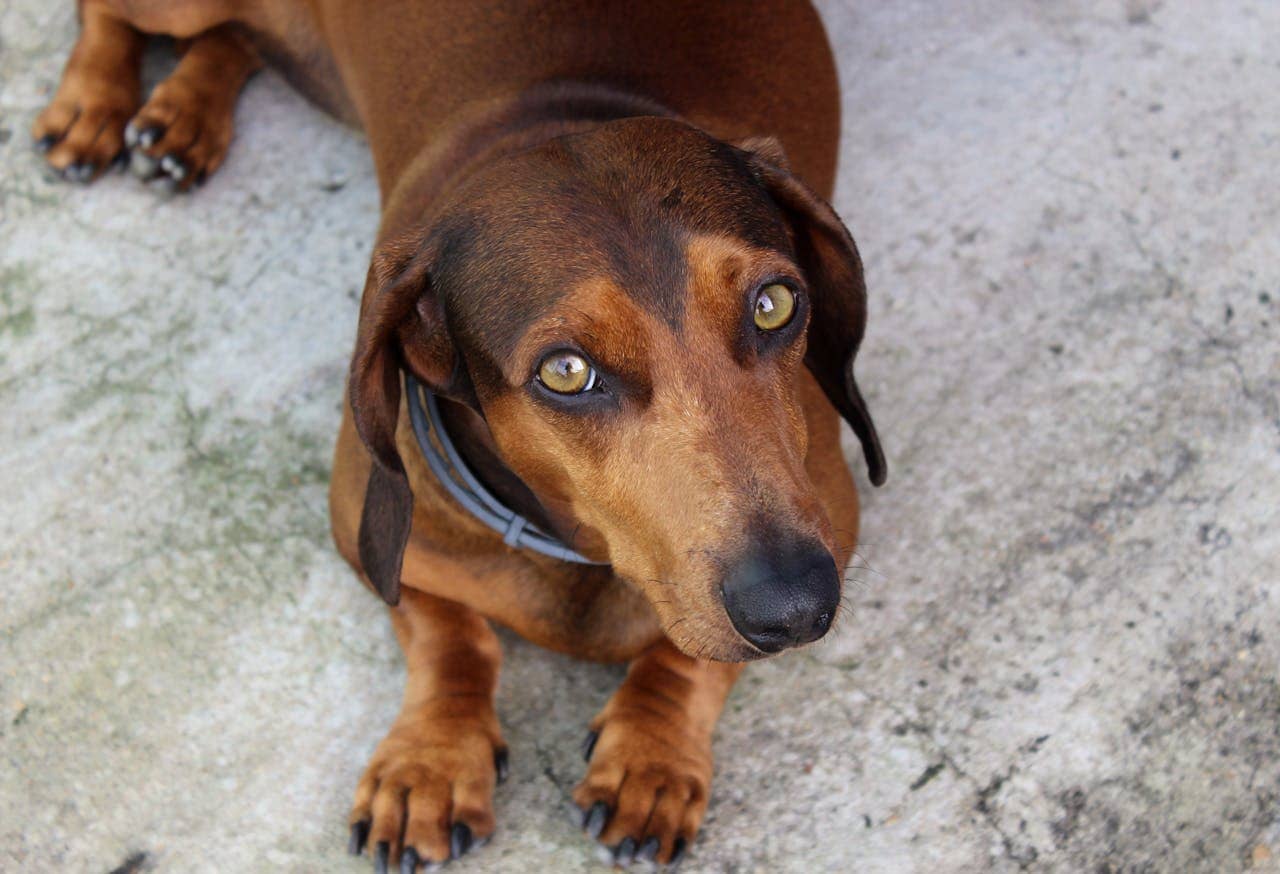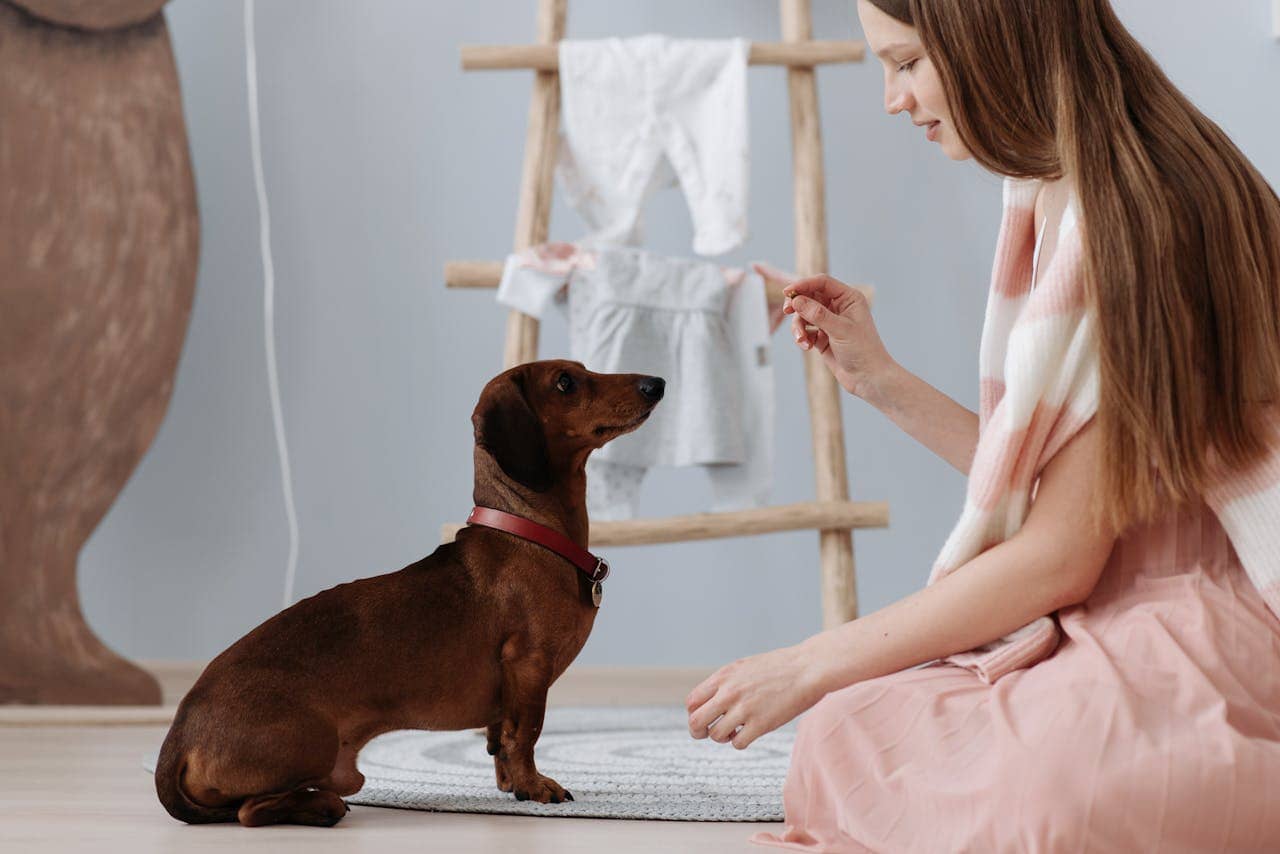Miniature Dachshunds are endlessly charming, with a spunky mix of independence, loyalty, and playfulness. Understanding their temperament and harnessing their intelligence through effective training can lead to a strong, joyful bond and a well-behaved dog you’re proud to call family.
The Mini Dachshund Personality
Despite their small size (typically under 11 pounds), Miniature Dachshunds have big personalities. They’re brave, sometimes stubborn, and fiercely loyal. This breed was originally bred for hunting badgers, giving them a bold and tenacious streak.
They often form deep attachments to their humans and can be wary of strangers. This makes early socialization vital to cultivate confidence and friendliness.
Minis tend to be vocal—they’ll alert bark at anything unusual. This makes them excellent watchdogs but means they need training to prevent excessive barking.
Training Tips for Miniature Dachshunds
Miniature Dachshunds are smart, which means they learn quickly, but they also have a stubborn, independent side that can resist repetitive commands.
- Start Training Early: Begin training from the puppy stage. Early habits form the foundation for adult behavior.
- Positive Reinforcement: Use treats, praise, and play to reward good behavior. Dachshunds respond better to encouragement than to harsh correction.
- Keep Sessions Short and Fun: Short, frequent training sessions keep their attention from wandering. Variety and play help maintain enthusiasm.
- Set Clear Boundaries: Consistency is key. Puppies, like adults, need clear and gentle rules.
- Crate Training and Housebreaking: Crates can provide a safe space, especially helpful in house-training.
- Manage Vocal Tendencies: Teach a “quiet” command and reward calm behavior to reduce excessive barking.
Socialization is Essential
Early and ongoing socialization helps your Mini Dachshund overcome wariness of new people, animals, and sounds. Exposure to puppy classes, dog parks, and varied experiences can make them more adaptable and relaxed.
Exercise and Mental Stimulation
Although small, Miniature Dachshunds are energetic and curious. Providing daily exercise—walks, indoors fetch, or puzzle feeders—prevents boredom, which can lead to destructive behavior.
Handling Challenges
- Stubbornness and Independence: Mix training with mental games and physical activity to keep them engaged.
- Separation Anxiety: They thrive on companionship and may need work to ease anxiety when alone.
- Handling Sensitivity: Due to their size, always handle your mini gently. Teaching children how to interact respectfully is vital.
Miniature Dachshunds are affectionate, bold, and intelligent companions who, with the right care and training, fit beautifully into family life. Understanding their unique needs helps you enjoy every playful, loving moment together.


